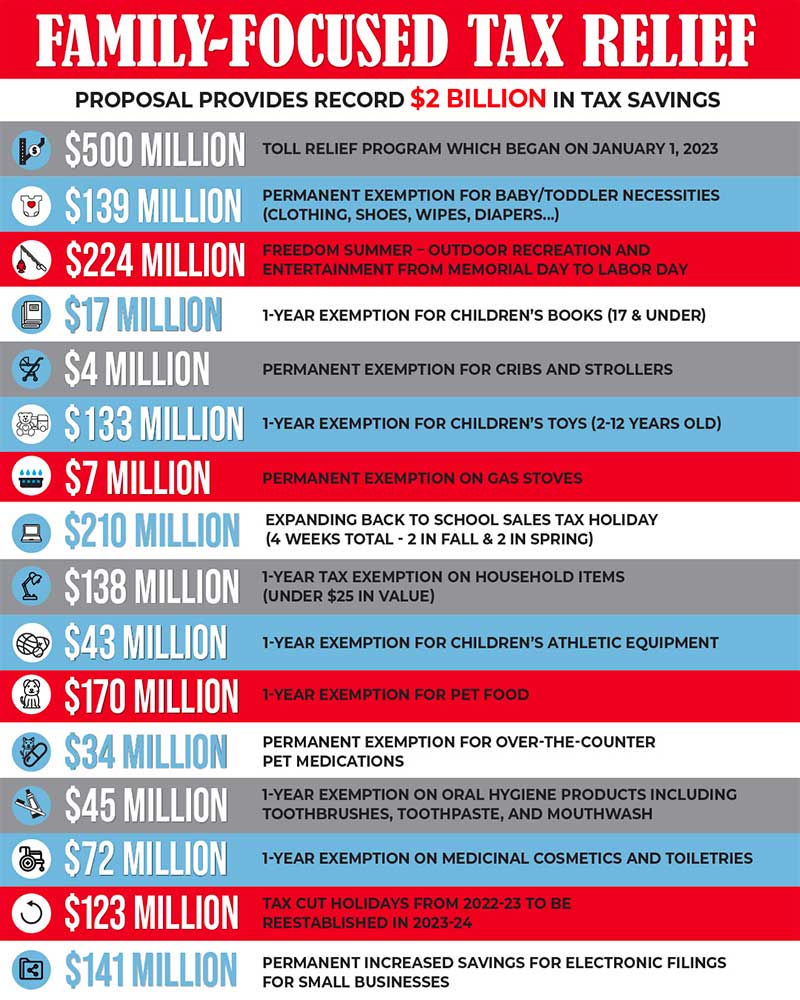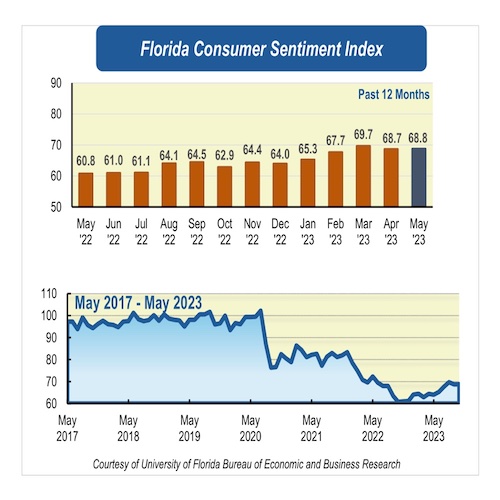3 Florida Tax Preparers Jailed for $12M Fraud: is a headline that shows both the strength of local journalism and the consequences of financial crime. In this case, three men in Central Florida—Franklin Carter Jr., Jonathan Carrillo, and Emmanuel Almonor—ran a tax preparation business that looked normal from the outside but was built on lies. They promised clients “maximum refunds,” but they delivered fake deductions and secretive filings. For years, they got away with it, until a local TV station—News 6 in Orlando—started connecting the dots after clients complained. That investigation pushed the IRS and the Department of Justice (DOJ) to act. Today, those three men are in federal prison, sentenced for causing over $12 million in tax losses to the government and leaving many everyday taxpayers scrambling to pay back money they didn’t even know they owed.
3 Florida Tax Preparers Jailed for $12M Fraud
The story of 3 Florida tax preparers jailed for $12M fraud after local news exposed them is more than just a courtroom drama. It’s a real-life lesson about trust, accountability, and community protection. Fraudsters may make money for a while, but eventually, the truth comes out—especially when journalists, the IRS, and the DOJ team up. For everyday taxpayers, the message is clear: be careful who you trust with your financial information, always review your returns, and remember that shortcuts in taxes often lead to big trouble later.

| Highlight | Details |
|---|---|
| Who | Franklin Carter Jr., Jonathan Carrillo, Emmanuel Almonor |
| Scheme Description | Fake deductions, inflated refunds, employees trained to mislead clients |
| Businesses Involved | Neighborhood Advance Tax (NAT) and later Taxmates |
| Fraud Impact | More than $12 million in tax loss |
| Sentences | Carrillo: 121 months; Carter: 84 months; Almonor: 57 months |
| Restitution Orders | Combined restitution over $12 million |
| Trigger | News 6 investigation in 2020 that exposed fraud |
| Official Source | DOJ press release – Florida tax preparers sentenced |
How the Fraud Worked?
Building the “Big Refund” Promise
The scheme started with an appealing sales pitch: “We’ll get you the biggest refund possible.” At their company, Neighborhood Advance Tax, they lured customers by making them believe they were working with experienced professionals who knew every tax trick in the book. But the “refund magic” was not legal. Preparers created fake business expenses, bogus charitable donations, and made-up deductions.
Training Employees to Commit Fraud
This wasn’t a case of one bad actor. Carter, Carrillo, and Almonor trained employees to repeat the scam. Workers were told how to push the boundaries without alerting the IRS, and clients were deliberately kept uninformed. Most customers never even saw the final return before it was submitted.
Rebranding to Escape Heat
Once audits started rolling in, the group didn’t stop. Instead, they opened a new business, Taxmates, in many of the same locations. The playbook stayed the same—promising quick refunds and hiding the truth from clients.
News 6 Investigation Sparks Action
The turning point came in 2020 when News 6 in Orlando aired stories about frustrated taxpayers. Customers explained that they had been charged up to $999 for services but ended up facing IRS audits and unexpected debts. That public attention triggered a deeper federal investigation. Within days, subpoenas went out, and the DOJ built a criminal case.
The Legal Consequences
In 2025, all three defendants were sentenced in federal court:
- Jonathan Carrillo received 121 months in prison.
- Franklin Carter Jr. was sentenced to 84 months.
- Emmanuel Almonor was sentenced to 57 months.
They were also ordered to pay over $12 million in restitution. After serving time, each will spend years under supervised release, which is similar to probation but monitored by federal officers.
The Laws They Broke
The charges included conspiracy to defraud the United States under 18 U.S.C. § 371 and aiding and assisting in the preparation of false tax returns under 26 U.S.C. § 7206. Each of these crimes can bring up to five years in prison and significant fines. When applied across multiple years and false filings, the penalties add up quickly—as shown by Carrillo’s 10-year sentence.
Why 3 Florida Tax Preparers Jailed for $12M Fraud Case Matters?
Community Impact
When tax fraud happens, the effects ripple far beyond the IRS. Taxes fund schools, hospitals, public safety, and community programs. Every dollar lost to fraud is a dollar not spent on services people rely on. In Native and rural communities, where resources are often already stretched, the loss is even more damaging.
Repeat Problem Nationwide
The IRS reports that preparer fraud is one of the most common tax scams, appearing every year in its “Dirty Dozen” list of tax fraud schemes. In 2023, the IRS Criminal Investigation unit identified billions of dollars tied to fraudulent refund claims. Florida, in particular, has been a hotspot for these cases, with multiple prosecutions in Miami, Orlando, and Tampa over the past decade.
Victims Pay the Price
Perhaps the harshest part of this story is that many innocent clients ended up owing thousands. For example, one client expected a refund of $4,379, but after an audit, she owed $1,095 back to the IRS. She hadn’t added fake donations—her preparer had. Yet, she was still responsible for repaying the difference.

Practical Guide: Protecting Yourself from Tax Scams
Step 1: Check Credentials
Always verify your preparer’s identity. Use the IRS Directory of Federal Tax Return Preparers to see if your preparer has professional credentials and a valid PTIN (Preparer Tax Identification Number).
Step 2: Watch for Red Flags
Be cautious if a preparer:
- Promises “huge” or “guaranteed” refunds.
- Refuses to explain deductions or credits.
- Asks you to sign blank returns.
- Doesn’t sign the return themselves.
These are all common signs of fraud.
Step 3: Keep Your Records
Always keep your own receipts, donation slips, and expense records. If you’re audited, you’ll need proof.
Step 4: Review Before Signing
Never let anyone file without letting you see the full return. If something looks off, ask for an explanation—or walk away.
Step 5: Report Suspicions
If you suspect fraud, file a complaint with the IRS Criminal Investigation unit or call their hotline at 1-800-829-0433.
The Role of Journalism
This case is also a lesson in why local journalism is vital. Without News 6 airing interviews and investigating tips, this scheme might have continued for years longer. The journalists acted like watchdogs for the community—holding businesses accountable when people didn’t have the power to fight back alone.
Broader Lessons for Professionals
For tax professionals, the case is a reminder that integrity is non-negotiable. A reputation built on honesty is the foundation of a long career. Cutting corners for short-term gain can end not only in prison time but also in permanent damage to one’s professional standing.
Financial experts recommend:
- Staying current with IRS updates and law changes.
- Keeping clear documentation for every client.
- Being transparent with fees and methods.
These steps protect both clients and preparers.

UK Tax Fraud Crackdown — Indian-Origin Mastermind Ordered to Pay £90 Million
US Court Rules Jury Was Misled on Tax Fraud Conspiracy Charge – Check Details
What Is the Digital Services Tax That Could Spark New Trump Tariffs?








